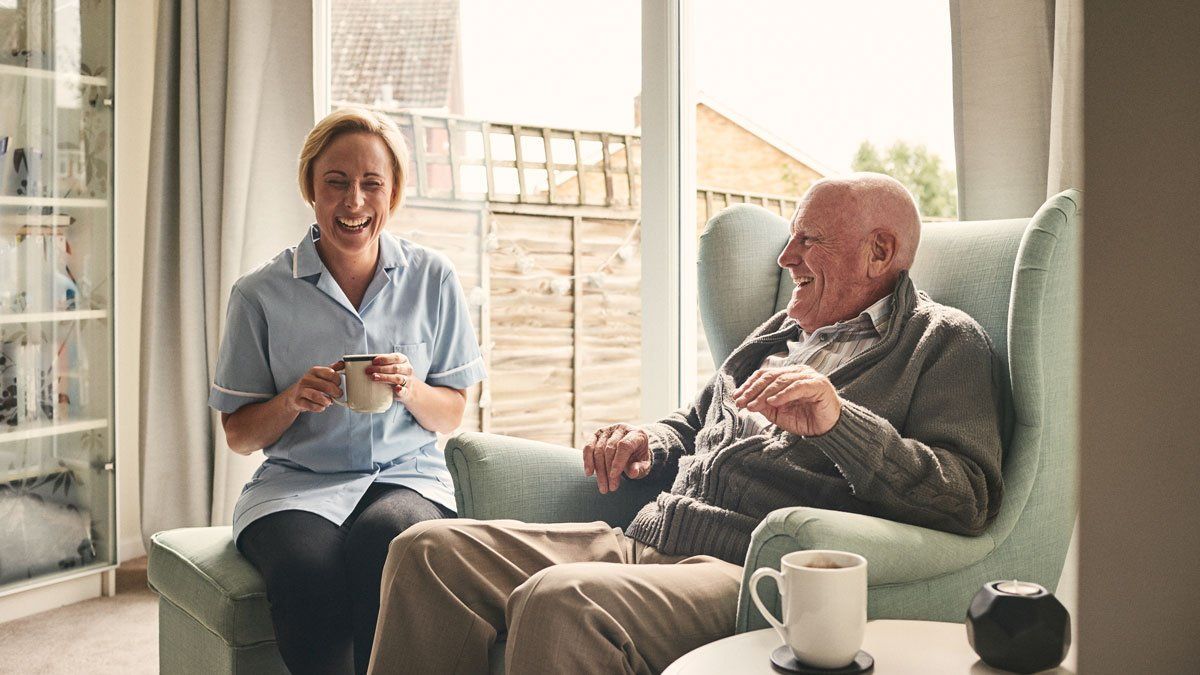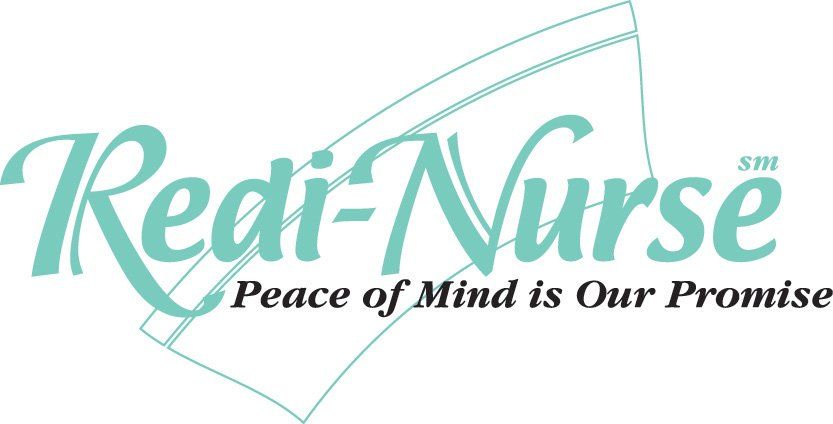5 Types of In-Home Care Worth Considering

When you take on the responsibility of caring for an ailing or elderly loved one, you may realize fairly quickly that this job often calls for more specialized skills (and more hours in the day) than you can provide on your own. Although in-home care agencies offer a variety of different services, you may find the sheer range of options confusing.
Once you understand more about the different categories of in-home care and what each of those categories includes, you can request the right level of care for your loved one with confidence. Take a look at five common types of in-home care to see which one makes the most sense for your current needs.
1. Companion Care
Not all individuals who benefit from in-home care require medical services or supervision. Your loved one may simply require some help taking care of various everyday tasks or feel deprived of human contact when you must spend time out of the home. In these cases, companion care can offer welcome assistance and support.
Companion care counts as non-medical in-home care, but that distinction doesn't make it any less valuable to those who need it. Trained, experienced companions can stop by the home periodically, on a pre-arranged schedule, to help with meal preparation, laundry, errand running, transportation, or light housekeeping.
2. Personal Care
In addition to other non-medical care, individuals who suffer from various disabilities may also need help performing tasks of a more personal nature. Personal care providers can fill this gap by helping with such important everyday tasks as performing dental hygiene chores, getting dressed or undressed, bathing, and shaving.
Personal care providers can prove especially valuable to people who struggle with Alzheimer's disease or other forms of dementia. Even if these individuals have the physical ability to perform personal care, they may forget or neglect these tasks without some welcome supervision and reminders.
3. Nursing Care
No matter how skillfully you can handle your loved one's everyday non-medical needs, you may not know how to provide the essential medical care that loved one also requires. Even if you can administer pills and apply topical medications easily enough, you may not know how to provide more complex kinds of treatment.
Loved ones with significant health challenges often benefit from skilled nursing care. These in-home providers put their medical training, experience, and certifications to good use by supervising daily medications (including injections), dressing and monitoring wounds, changing ostomy bags, and making medical recommendations.
4. Respite Care
In-home care can do more than just benefit your loved one who needs assistance - it can also benefit you. Full-time home caregivers must balance their work and family matters with the need to look after a loved one 24 hours a day, seven days a week. This burden can lead to emotional stress and health problems.
Respite care lives up to its name by giving you a much-needed break once in a while. In this form of care, you schedule a time for providers to come to your home for short periods of medical or non-medical care while you tackle other essential life or work responsibilities (or simply enjoy some healthy rest and recreation).
5. Therapeutic Care
If your loved one struggles with mobility problems, weakness, poor coordination, or loss of flexibility, consider scheduling some form of therapeutic in-home care. In this category of in-home care, specific types of therapists visit the home on a regular schedule to help loved ones preserve or improve their abilities.
Your in-home care agency may offer any combination of physical, occupational, and speech therapy. Physical therapy typically involves exercises that build muscle strength, balance, and mobility. Occupational therapy can improve manual skills necessary for daily living, while speech therapy can treat cognitive and communication challenges.
A Visiting Redi-Nurse can provide you and your loved one with the ideal combination of in-home care services, both now and in the future as your needs change.
Contact us today at either of our locations to request a consultation.





